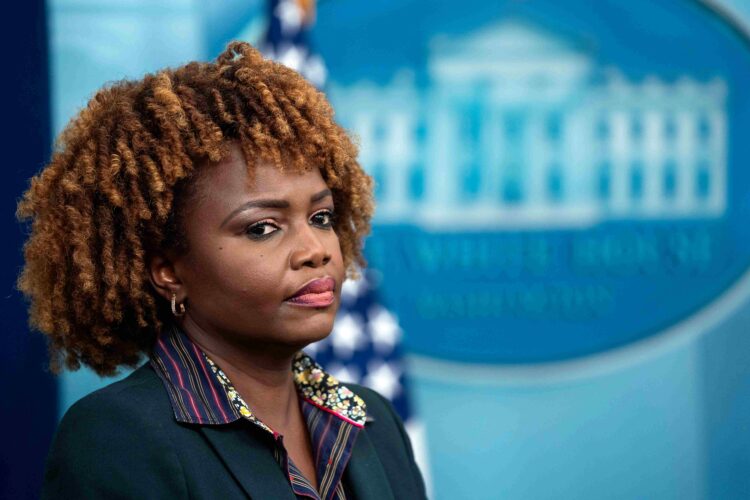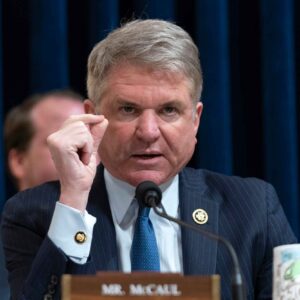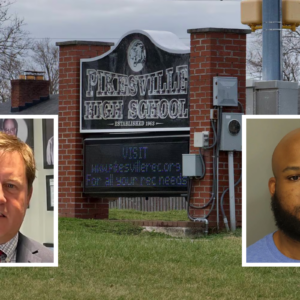White House Press Secretary Karine Jean-Pierre said the Biden administration is “alarmed” by the spread of AI-generated deepfake nudes of Taylor Swift, and urged Congress to “take legislative action.”
A reporter brought up AI images and asked if the Biden White House will seek to make posting and sharing such images a “federal crime.”
“We are alarmed by the reports of the…circulation of images that you just laid out — of false images to be more exact, and it is alarming,” Jean-Pierre replied. “While social media companies make their own independent decisions about content management, we believe they have an important role to play in enforcing their own rules to prevent the spread of misinformation, and non-consensual, intimate imagery of real people.”
The circulation of false images of Taylor Swift are alarming. We know that incidences like this disproportionately impact women and girls. @POTUS is committed to ensuring we reduce the risk of fake AI images through executive action. The work to find real solutions will continue. pic.twitter.com/IOIl9ntKtP
— Karine Jean-Pierre (@PressSec) January 26, 2024
Jean-Pierre claimed that AI harassment “overwhelmingly” affects women, and said Congress “should take legislative action.” “That’s how you deal with these issues, obviously,” she added.
She also noted previous ways in which the Biden administration has sought to address AI’s negative effects, such as its “Task Force to Address Online Harassment and Abuse,” and the Department of Justice’s 24/7 help line for “survivors” of image-based sexual abuse.
Learn the benefits of becoming a Valuetainment Member and subscribe today!
In May 2023, Rep. Joseph Morelle (D-NY) introduced a bill to make the sharing of deepfake pornography a crime. “We’re certainly hopeful the Taylor Swift news will help spark momentum and grow support for our bill, which as you know, would address her exact situation with both criminal and civil penalties,” a spokesperson for Morelle said recently.
During the week of January 15th, Morelle and his co-sponsor Tom Kean (R-NJ) reintroduced the bill, titled “Preventing Deepfakes of Intimate Images Act,” to make the non-consensual sharing of digitally altered porn a federal crime, with penalties of jail time, fines, or both. The House Committee on the Judiciary has yet to decide on whether to pass the bill or not.
In October 2023, a small town in Spain found itself in the international spotlight when a group of underage schoolgirls received deepfake nudes of themselves created with a widely accessible AI-powered “undressing app.” Similarly, in November, a high school in New Jersey was rocked with controversy when deepfakes of students were circulated by their classmates.
As Taylor Swift stirs outrage over the question of artificial intelligence and AI-generated deepfakes, concerns have arisen that she will be used to manufacture consent for the regulation of AI technology, which has been redefined by the Obama camp to encompass social media algorithms. If Congress decides to take “legislative action” over the Taylor Swift AI images, as White House Press Secretary Karine Jean-Pierre advocated, we can expect lawmakers to smuggle in provisions to regulate social media, possibly with loopholes that will enable politicians to censor political content.
 Shane Devine is a writer covering politics, economics, and culture for Valuetainment. Follow Shane on X (Twitter).
Shane Devine is a writer covering politics, economics, and culture for Valuetainment. Follow Shane on X (Twitter).


















Add comment